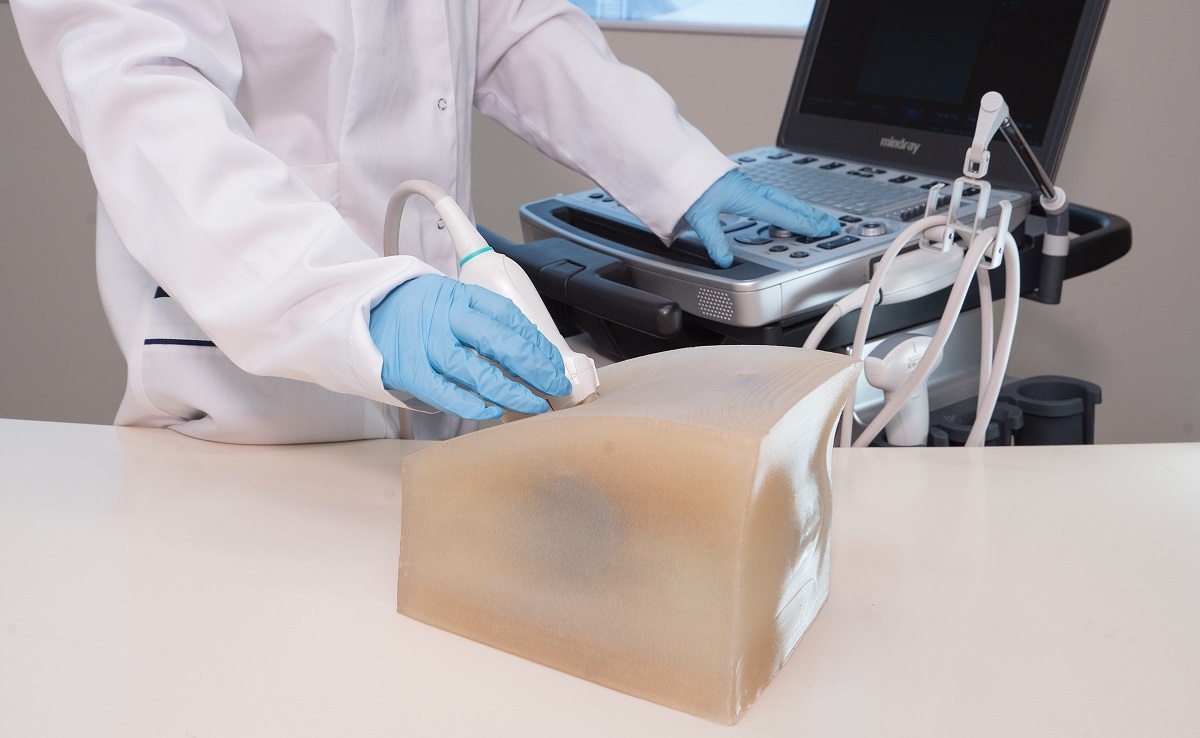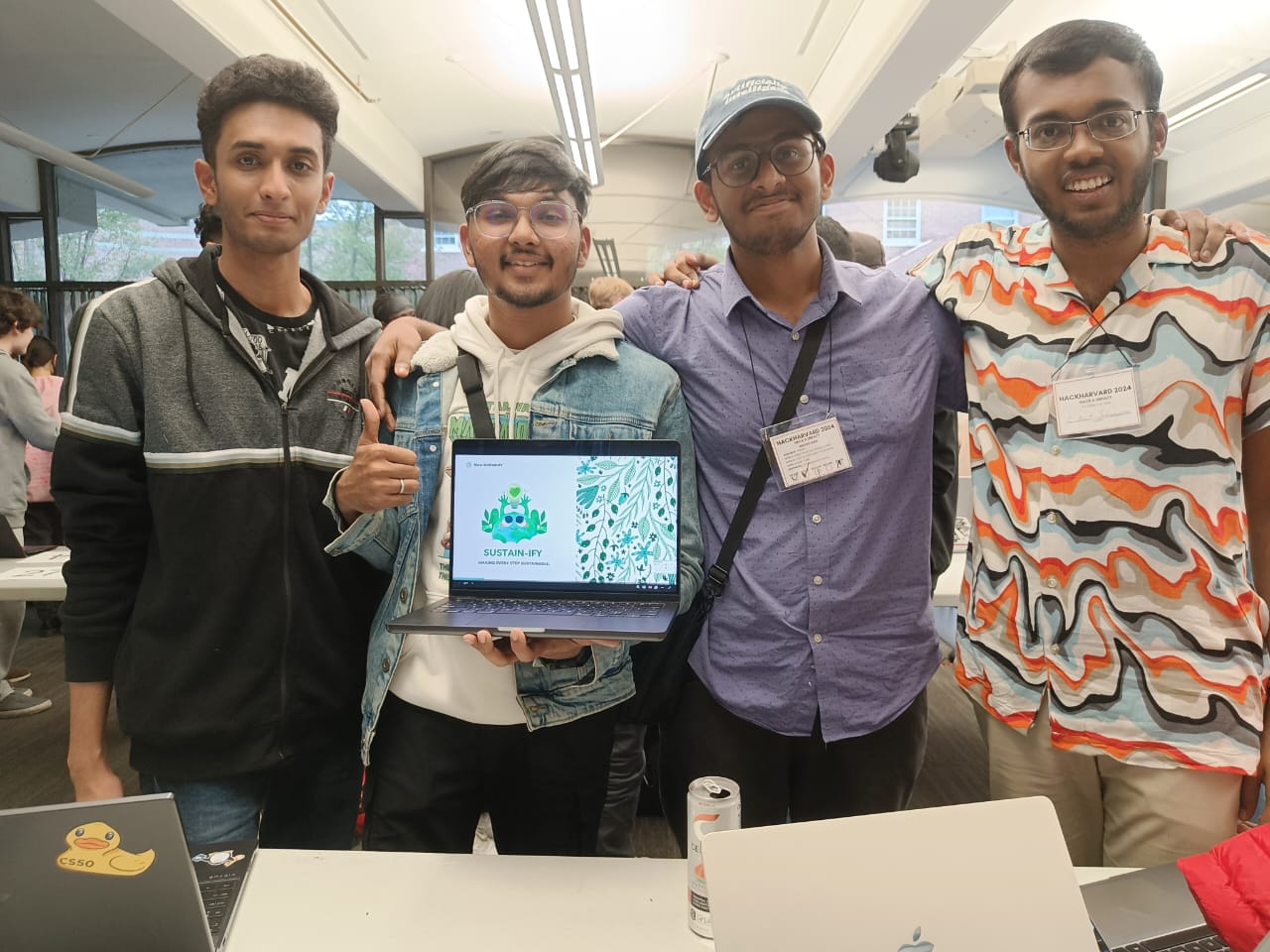The World Health Organization (WHO) has taken a significant step forward in promoting new-born health with the launch of implementation guidance for universal screening of new-borns in its South-East Asia region. This initiative aims to detect hearing impairment, eye abnormalities, and neonatal jaundice shortly after birth to prevent disabilities.
Saima Wazed, the South-East Asia regional director of WHO, emphasized the importance of pre-symptomatic detection of serious treatable conditions in new-borns. The implementation guidance is designed to facilitate capacity-building for new-born screening, backed by referral, diagnosis, management, and follow-up for appropriate treatment. By integrating simple, non-invasive tests into existing health systems, these screenings can prevent long-term disabilities or premature death.
According to the guidance, these screenings should ideally be conducted before discharge after a health-facility birth or during the first postnatal care contact in an outpatient setting after a home birth. This strategic focus on improving care during the perinatal period and the first week of life is crucial for ensuring every child’s survival and optimal development.
The development of this guidance involved a consultative process with technical experts from member countries of the South-East Asia region. Over the years, collaborative efforts have led to a significant decline in under-five mortality in the region. However, the contribution of birth defects to under-five mortality has increased, underlining the importance of addressing new-born health comprehensively.
Wazed highlighted the region’s commitment to achieving the 2030 Sustainable Development Goal targets for maternal, new-born, and child mortality. She urged member states and stakeholders to adopt and implement the guidelines for universal new-born screening, emphasizing the importance of early detection and appropriate management for better health outcomes.
In conclusion, WHO’s implementation guidance for universal new-born screening represents a significant milestone in promoting early detection and intervention for new-born health issues. By prioritizing new-born screening and ensuring access to appropriate care, we can strive towards healthier beginnings for every child in the South-East Asia region and beyond.
.jpg)
 WHO’s implementation guidance for universal new-born screening represents a significant milestone in promoting early detection and intervention for new-born health issues.
WHO’s implementation guidance for universal new-born screening represents a significant milestone in promoting early detection and intervention for new-born health issues.










.jpeg)

.png)
.png)

.png)
.png)
.png)

.png)
.png)
.png)

.png)
.png)
.png)

.png)
.png)
.png)

